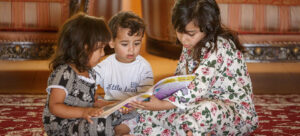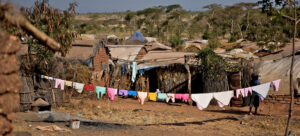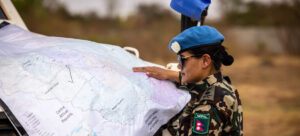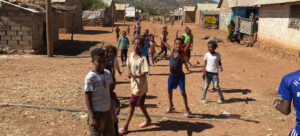At the beginning of the year, WHO chief Tedros Adhanom Ghebreyesus had called for countries to work together, so that all States could begin vaccinating within the first 100 days of 2021.
“177 countries and economies have started vaccination”, he said at a regular press briefing, adding that with just 15 days left before the 100 days are up, 36 countries are still waiting for vaccines so they can start inoculating health workers and older people.
Waiting for jabs
Of those countries, 16 are scheduled to receive their first doses from COVAX within the next 15 days, leaving 20 nations waiting.
“COVAX is ready to deliver, but we can’t deliver vaccines we don’t have”, said Tedros, pointing to the distorting effect of export bans and vaccine diplomacy, which have caused “gross inequities in supply and demand”.
Moreover, increased demand for shots, and changes of national strategy, have led to delays in securing tens of millions of doses that COVAX was counting on.
‘Solvable problem’
Noting that getting all countries up and running by day 100, is “a solvable problem”, the UN official asked countries with shots cleared for WHO “Emergency Use”, to donate as many as they can as “an urgent stop-gap measure”, so the 20 additional countries can begin vaccinating their healthcare workers and elderly within the next two weeks.
“COVAX needs 10 million doses immediately”, he said. While acknowledging that contributing doses is “a tough political choice”, he asserted that “there are plenty of countries who can afford to donate doses with little disruption to their own vaccination plans”.
More in the making
Currently, many countries who had invested in COVAX in good faith have become frustrated with bilateral deals that have left the vaccine initiative short, said Tedros.
“WHO and our partners are continuing to work around the clock to find ways to increase production and secure doses”, he added, saying that four more inoculations were being assessed for WHO Emergency Use Listing – at least one of which may be approved by the end of April.
Seafarers and aircrew, need essential worker status
In related coverage, five UN agencies on Friday, advocated for prioritizing COVID-19 vaccinations for seafarers and aircrews who have been severely impacted by pandemic-imposed travel restrictions.
“Seafarers and aircrew need to be protected through vaccination as soon as possible to facilitate their safe movement across borders”, said the International Civil Aviation Organization (ICAO), International Labour Organization (ILO), International Maritime Organization (IMO), International Organization for Migration (IOM) and WHO, in a joint statement.
As such, they called upon countries that have not done so to “designate seafarers and aircrew as key workers”.
“We also call on governments to identify and prepare for the challenges of COVID-19 vaccination of seafarers and aircrew, particularly for seafarers spending long periods of time away from their home country”, they added.















